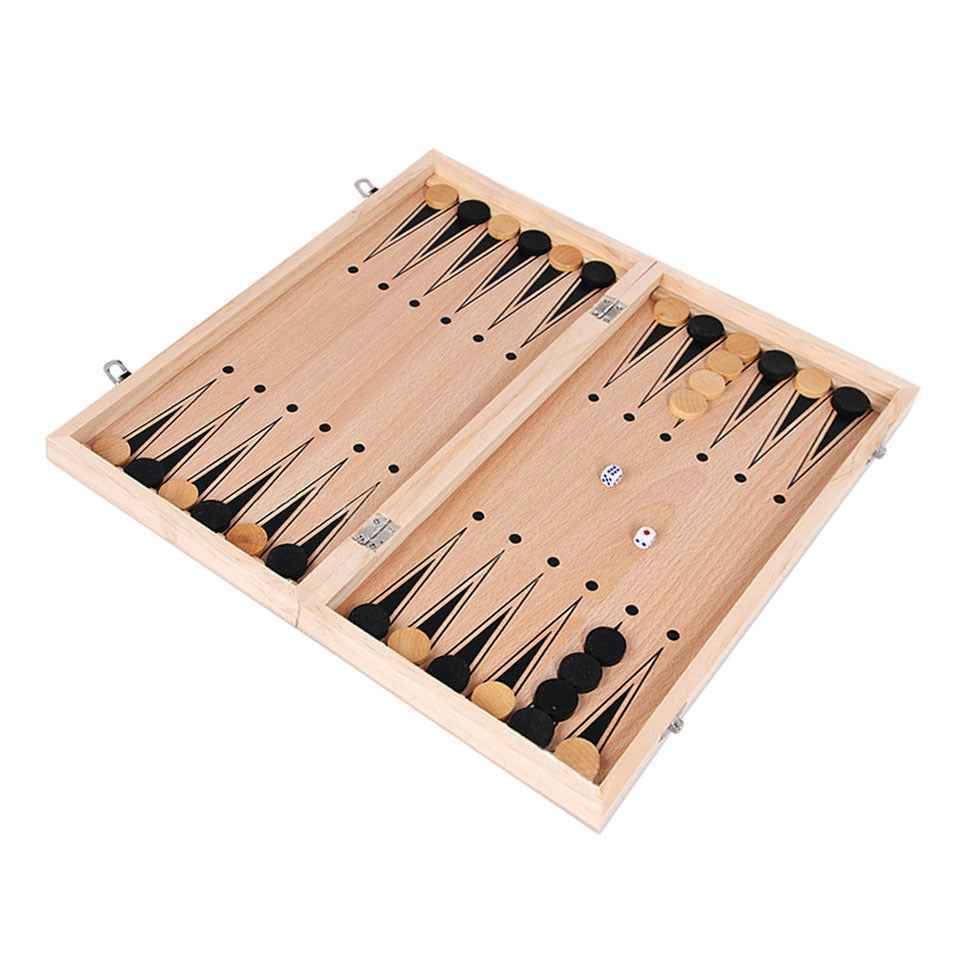
The History and Evolution of Classic Board Games
Share
Board games have been a fundamental part of human culture for thousands of years, with their roots tracing back to ancient civilisations. They have evolved over the centuries, shaping and reflecting the societies that enjoyed them. Here, we explore the fascinating history and development of some of the world's most enduring and beloved classic board games.
Ancient Beginnings
The earliest recorded board games can be traced back to ancient Mesopotamia and Egypt. One of the oldest known games is Senet, played in Egypt as early as 3100 BC. Symbolic of the journey to the afterlife, Senet not only served as entertainment but also held religious significance.
In the Indus Valley, Chaturanga emerged around 600 AD, a precursor to modern chess. This game strategically represented the four divisions of the Indian army: infantry, cavalry, elephants, and chariots. It reflects not only the tactical challenges of warfare but also the rich cultural history of the region.
The Middle Ages and Renaissance
As trade routes expanded, so did the exchange of cultural and recreational interests. Chess spread across Europe by the medieval period, becoming a game of nobility and intellect. Its evolution over time incorporated widely recognised rules, distinguished pieces, and the iconic 8x8 board.
Another medieval game of interest is Backgammon, which traces back to Anglo-Saxon Britain. Originating from earlier games like the Roman 'Ludus Duodecim Scriptorum', its sophisticated blend of luck and strategy has appealed to diverse cultures, maintaining its status as a timeless pastime.
The Modern Era
The 19th century signalled a significant transformation in board gaming, as mass production made them widely accessible. During this period, many games we recognise today took form. Monopoly, for instance, was introduced in the early 20th century and quickly became a worldwide phenomenon. Originally designed to illustrate the pitfalls of capitalism, its commercial adaptation captured the spirit of the economic era.
Meanwhile, Scrabble, created in 1938, captured the puzzle-solving and linguistic ingenuity within a fixed space, becoming a staple in households around the world.
The Digital Age and Beyond
The late 20th century saw board games embraced by digital innovations. While the tactile enjoyment of traditional gaming remains, these advancements have broadened accessibility and engagement through virtual iterations. Today, board games like Settlers of Catan and Ticket to Ride represent a revitalised interest in immersive storytelling and strategic depth, blending classic game mechanisms with modern sensibilities.
At Meeple Worx, we celebrate the wealth of history and variety within board gaming. Whether you are drawn to the strategic complexities of classic games or the innovative twists of contemporary designs, there is a board game for every player. Explore our collection and join the vibrant community of enthusiasts seeking the next great adventure.
For more information, visit Meeple Worx.
